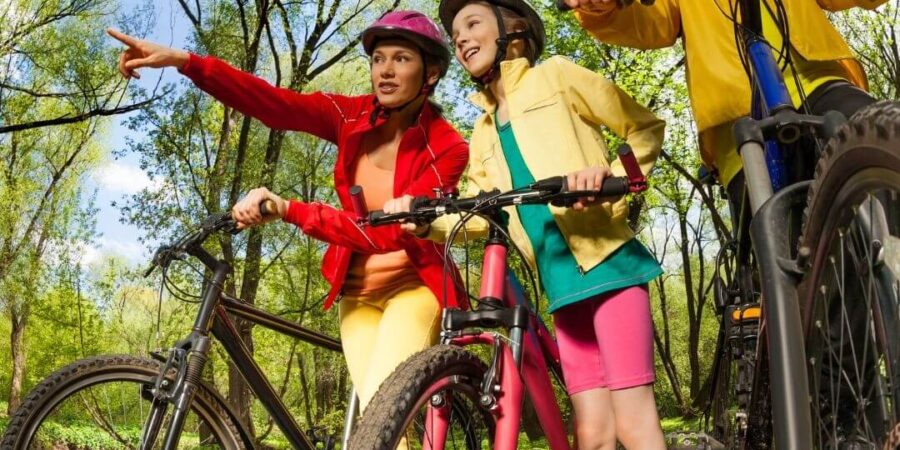



Activity as a way to get back in shape after the pandemic
June 9, 2021
After months spent on distance learning, children and young people need activity, experts emphasize. This is the only way to improve physical condition and return to a normal lifestyle after the pandemic. "As parents, we need to do everything in our power to get our children away from computers, because they have been spending most of their time in front of monitors" – says the head of the Your Doctor network, Mariola Madler – Litera. "Joint walks, bike trips, games and outdoor activities should become a permanent part of the schedule for the end of the school year and the upcoming holidays" – adds the doctor. A sedentary lifestyle and lack of regular exercise affect the health of all age groups – which is confirmed by research by scientists.
"The physical activity and fitness of children and adolescents has been declining steadily for 20 years, and the pandemic has made this problem even worse" – emphasizes Prof. Bartosz Molik, Rector of the Academy of Physical Education in Warsaw. The research of AWF experts is to determine how serious this negative impact is. Together with the Ministry of Education, they have just launched a program that will help students return to activity. In the first stage, PE teachers will receive instructions on how to work with children after COVID-19 and how to motivate them to do sports after such a long period of remote learning and being locked up at home. The second stage provides for the creation of Sport Clubs, i.e. additional active classes for students, which will be implemented from September.
"We want to equip teachers with additional tools related to the ability to conduct health-promoting classes that are intended to improve the physical condition of school children and youth, both grades 1-3, 4-8, and high schools. We will provide them with some tips on psychology and motivation so that they can effectively encourage the entire group of school children and youth to regular physical activity after the pandemic" – emphasizes Prof. Bartosz Molik, Rector of the University of Physical Education in Warsaw, in an interview with the Newseria Biznes agency.
Examples of training topics planned in the first stage of the project include: methods of counteracting the effects of hypokinesia, social isolation, psychological consequences of distance learning, methods of arousing motivation during physical activity classes, building relationships in a peer group, methods of overcoming barriers to physical activity or methodical examples of good action. The project "Active return to school" is implemented by lecturers from the Academy of Physical Education in Warsaw in cooperation with universities from Gdańsk, Poznań, Wrocław, Katowice and Kraków. As part of the training of physical education teachers, 420 training sessions will be held throughout the country
As the project creators emphasize, children often experience COVID-19 asymptomatically, but the consequences of the disease are visible. These include fatigue, shortness of breath, weakening of muscle strength, but also chest pain, heart rhythm disturbances, headaches and fainting. These symptoms are additionally compounded by a long-term lack of regular physical activity, which also negatively affects the physical condition of students. Combined with chronic fatigue and weakness, all this can disrupt their normal return to school.
Therefore, the upcoming holidays should be a time of active rest and sports activities that improve overall fitness. This will be useful for both the youngest and their parents, who are also struggling with the negative health consequences of the COVID-19 pandemic.
Who we are
In our work, we are guided by the idea of a family doctor who provides the patient with comprehensive care at all times, not only when they are ill. Our mission is to take care of the health of residents on a daily basis. We provide health education and promote prevention.
Copyright © Wrocław 2021 NZOZ Your Doctor Sp. z o. o. All Rights Reserved.
Website created by KomuKoncept: www.komukoncept.pl






